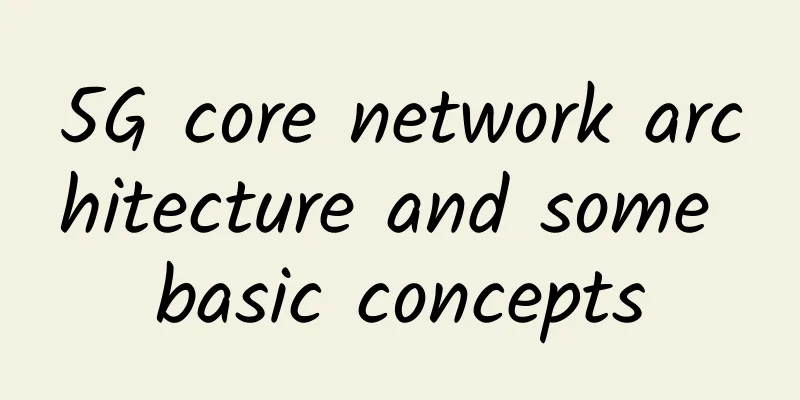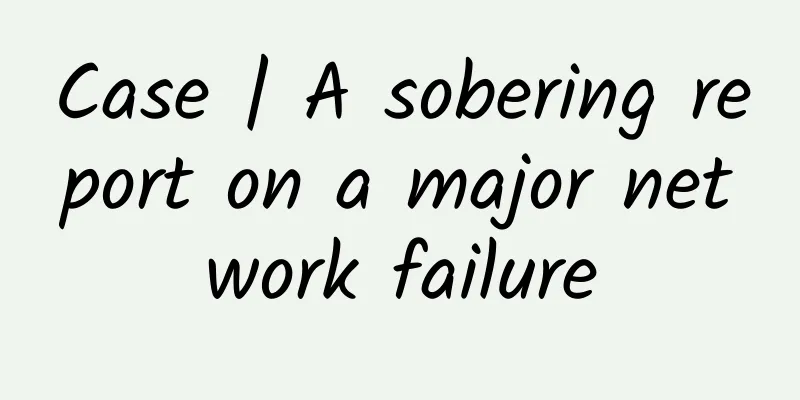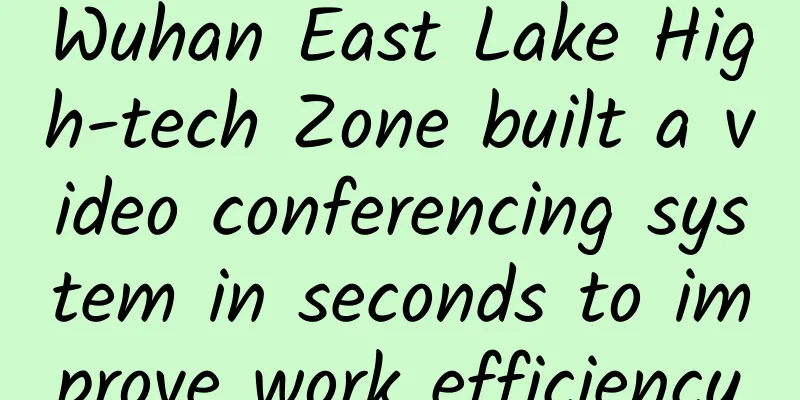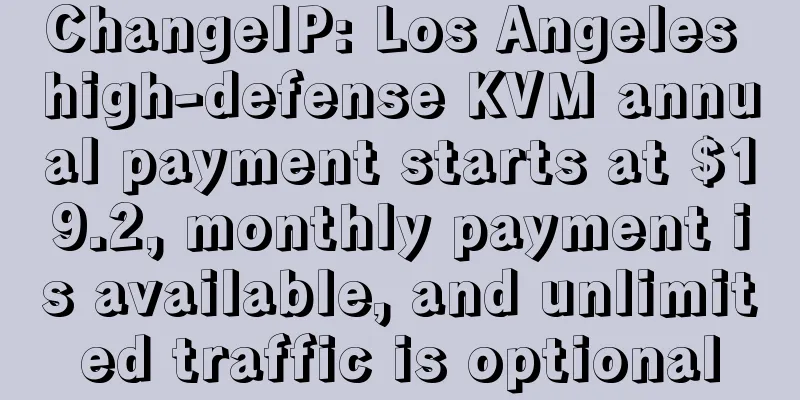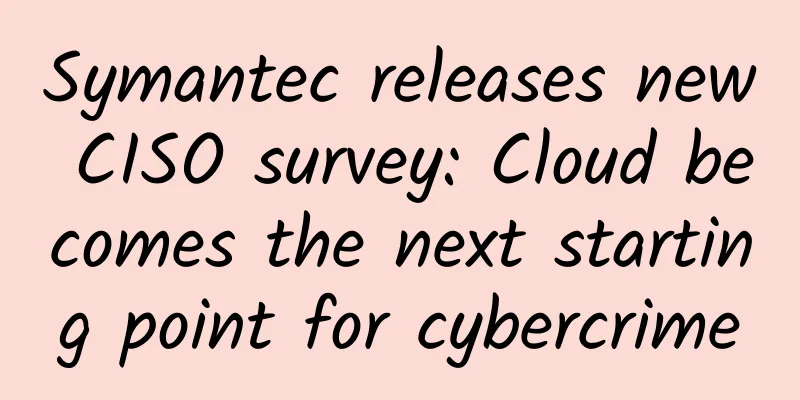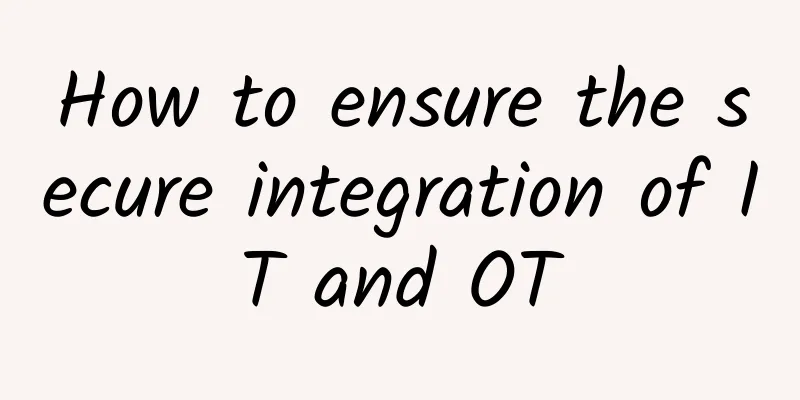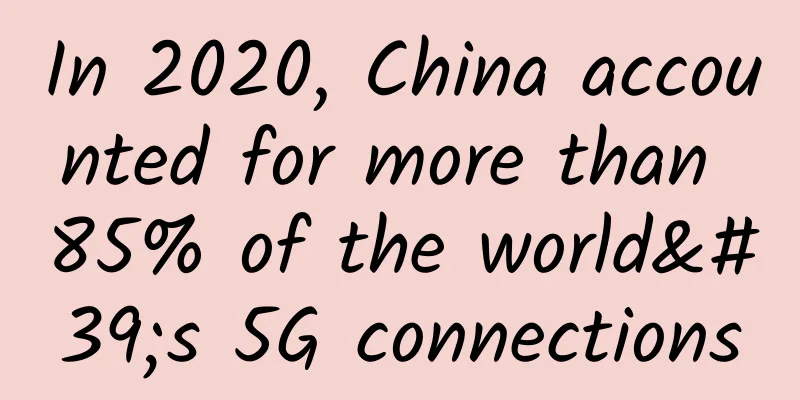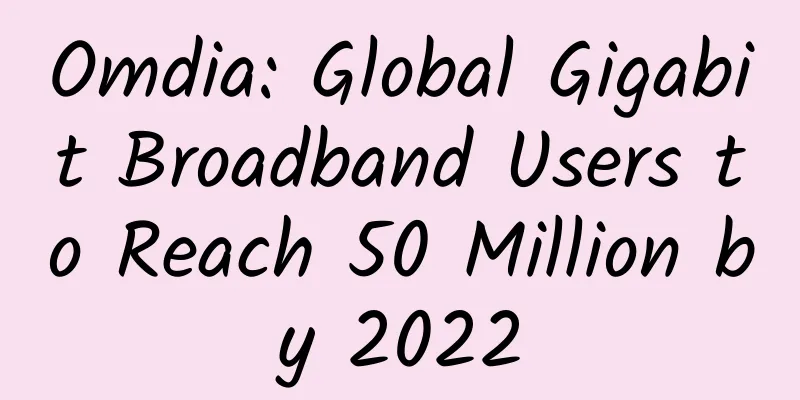Deutsche Telekom CEO blasts OTT: generating 80% of traffic but not paying a penny for infrastructure
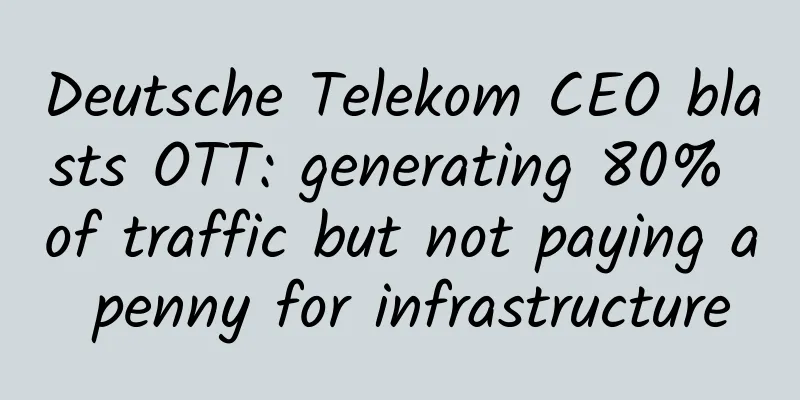
|
According to Mobile World Live, Deutsche Telekom CEO Timotheon Hoettges is angry that current regulations fail to classify companies such as WhatsApp and Microsoft as communications vendors, arguing that these OTT players generate a lot of network traffic but do nothing to pay for infrastructure and expansion costs.
During his keynote at the 2021 Mobile World Congress in Barcelona, he asked attendees whether it was fair that network operators had to pick up the tab when WhatsApp was creating more value for its parent company Facebook's business by increasing data loads. “How is it possible that 80% of traffic is generated by OTT players and they don’t pay a penny for the use of infrastructure or build-out costs in exchange for all the value of data from us consumers?” he asked. Hottges further questioned why regulators did not consider Microsoft as a communications platform, noting that the company was "growing its network and connecting edge networks with fiber networks to provide connectivity to customers." In an impassioned speech, he also called for a level playing field, which would require "brave politicians to set a vision for Europe". “If we don’t change the setup, Europe will fall further behind. The US has a single market, Asia and China have very clear regulations. In Europe, we have 27 regulations, no clear rules on data governance, no clear rules on data privacy. Europe has to wake up and change the way they promote digitalization.” Vision 2030In his keynote speech, Hottges urged the wider mobile industry to develop a vision for the next decade, nearly a year and a half after playing a central role in responding to the COVID-19 pandemic, arguing that new challenges would emerge as connectivity became a "basic human right" by 2030. He said Deutsche Telekom had done good work in developing its 2030 vision and was working to transform its business model to be more software-driven. Most importantly, Hottges believes operators need to change their mindset and be less concerned with owning all the parts of the network and just “orchestrate it in the right way.” |
<<: Is the integrated air-space-ground information network really coming?
Recommend
Forecast of China's Internet Market Development Trends in 2021
As the COVID-19 pandemic is gradually brought und...
Five reasons why the Internet of Things needs its own network
【51CTO.com Quick Translation】Last week, AT&T ...
SPI subsystem SPI spec
1.SPI hardware SPI: Serial Peripheral Interface, ...
Huawei releases full-scenario intelligent connectivity solution
[Beijing, China, October 13, 2020] Today, the 6th...
my country's industrial Internet platform construction faces four major bottlenecks
The Guiding Opinions of the State Council on Deep...
Huawei Cloud and Microsoft Enterprise Applications join hands to start a new journey of strategic cooperation
During HUAWEI CONNECT 2017, Huawei and Microsoft ...
Why Wired Ethernet Connections Still Make Sense Today
Ethernet is faster, more reliable, and more secur...
OneTechCloud: 30% off all VPS monthly payments starting from 19 yuan/month, Hong Kong CN2&CMI/US CN2 GIA&9929/high defense optional
OneTechCloud has launched a Spring Festival promo...
After the construction of 5G, 4G Internet access on mobile phones has become slower. Is this really a marketing trick of the operators?
Preface [[332244]] Recently, many customers and f...
Five API Gateway Technology Selections, yyds
This article intends to discuss gateways around s...
A brief history of Wi-Fi security protocols, from zero to WPA3
With the continuous development of WI-FI, we will...
Which network IO model should RPC design use?
What role does network communication play in RPC ...
A400: 199 yuan/year Hong Kong & US VPS - dual core, 2G memory, 30G-50G hard disk, 1TB monthly traffic
A400 Interconnect is a Chinese merchant founded i...
Sharktech: Los Angeles high-defense 1Gbps unlimited traffic server starting at $79/month, 10Gbps unlimited traffic starting at $379/month
Sharktech is a long-established hosting company f...
Detailed interpretation of the report: Know the current status of global 6G development in one article
[[396055]] Recently, the Intellectual Property De...
